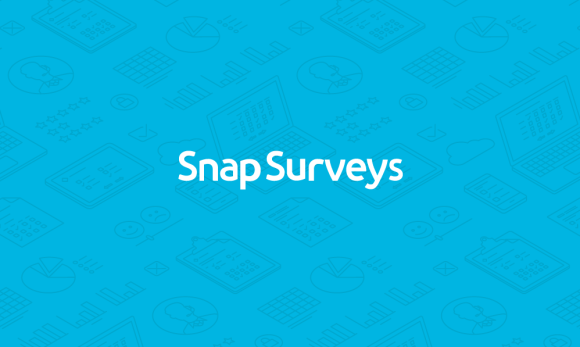Here are tips 11 thru 15 in our series, 20 Survey Design & Administration Tips
It is important to be consistent with your brand. Use a survey software solution that provides you with design tools to customize surveys and gives you complete flexibility to create professional questionnaires that perfectly complement your organization’s brand.
Tip # 12: Gather internal feedback
Survey software is not limited to just producing external surveys. It is also a powerful resource for creating internal surveys that collect feedback from employees, managers, directors, executives, officers, etc. Make use of internal surveys to understand what they think, feel, expect, and need. Internal surveys often provide you with the most useful feedback to maintain and manage operational excellence.
Tip # 13: Customize analysis and reporting of results
Share customized results with your respondents or stakeholders. Advanced survey software has the built-in analysis you need to create customized analysis and reports. Create summer reports, tables, charts, and run statistical analysis. You can even tailor your analysis and reports to each specific stakeholder or group as the software can select data depending on the context you choose.
Tip #14: Use survey feedback to create future surveys
You can use the feedback you receive from a survey to help create your next survey. See what questions were answered successfully, where respondents may have had difficulty answering, or review what types of questions were skipped or misinterpreted. You can also analyze results to see what demographic responded the best, and which parts of the survey provided the most valuable data. Take the time to learn from your data so you can create future surveys that generate significant and meaningful results.
Tip #15: Guarantee confidentiality and anonymity for sensitive surveys
When designing your survey, some questions may be perceived by the respondent as threatening, invasive, or causing emotional discomfort. When survey respondents are worried about being recognized, they are simply not as willing to provide the complete and honest truth. If responses to sensitive questions are necessary to achieve your survey objectives, consider asking them later in the survey. Asking sensitive questions too soon may cause respondents to abandon the survey all together. If you plan to ask many sensitive questions, it may be wise to hire a third-party survey vendor to assist you with your research. Respondents feel more comfortable answering sensitive questions when conducted by a company that is impartial and responses are kept in complete confidentiality. Respondents tend to provide more accurate and honest feedback if they can be assured that their identities will remain anonymous and that their answers are held in complete confidence.




